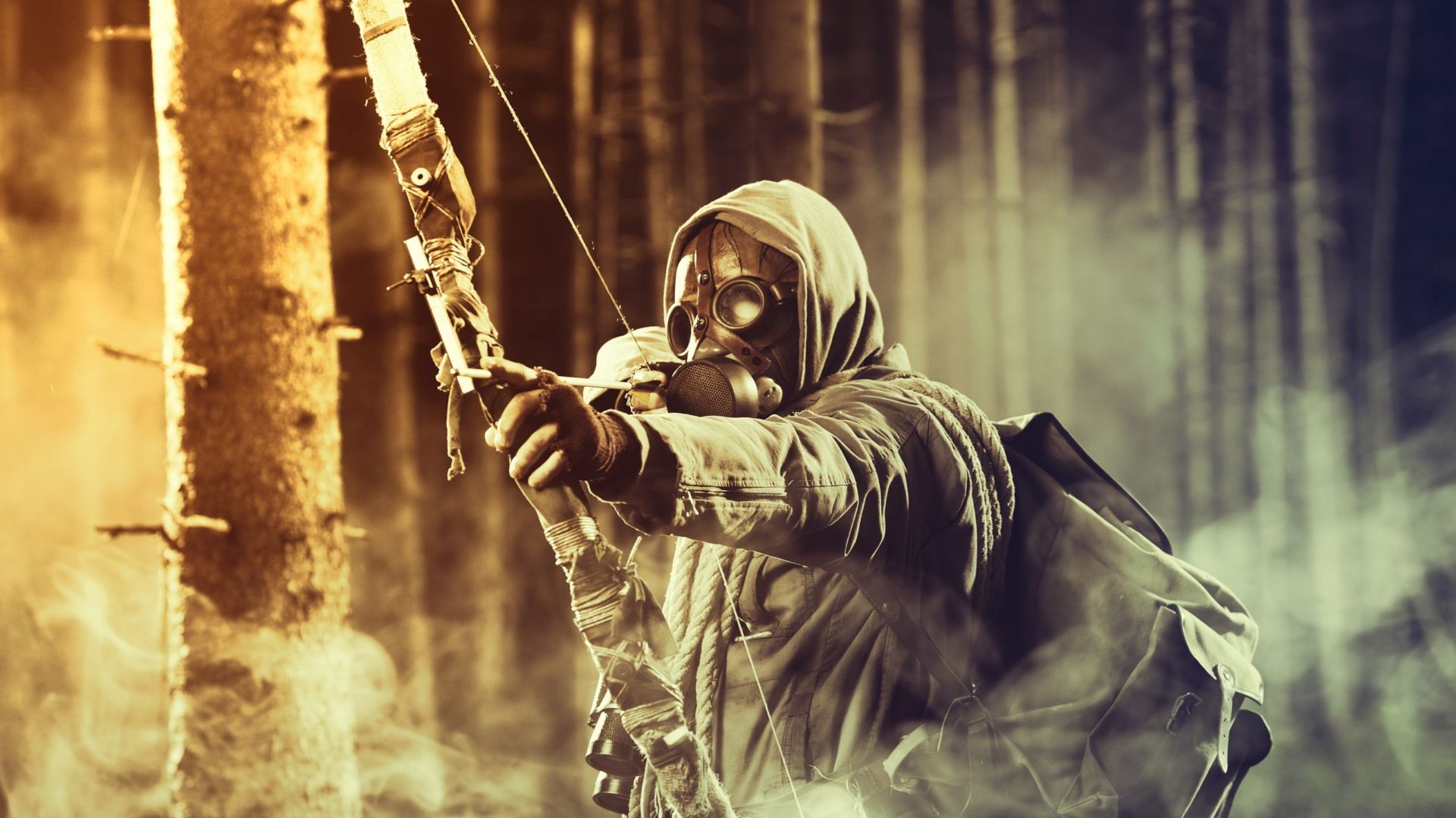Are you a prepper or just looking to ensure that you and your family are ready for any emergency or disaster that may come your way? While preparing for the worst is always a good idea, many preppers make common mistakes that can hinder their ability to survive when disaster strikes. This article will discuss the most common mistakes preppers make and provide tips on avoiding them.
The Most Common Mistakes Preppers Make
Lack of Proper Planning
One of the most common mistakes preppers make is a lack of proper planning. While getting caught up in the excitement of stockpiling food and gear is easy, taking a step back and assessing your overall preparedness strategy is essential. Without a comprehensive plan, you may be unprepared for specific situations or even face additional challenges that could have been avoided with proper planning.
When it comes to planning for emergencies, there are a few key steps you should take. First, assess the risks and hazards most likely to impact your area. This may include natural disasters like hurricanes, floods, earthquakes, or other potential crises like power outages, civil unrest, or pandemics. Once you have identified the most likely scenarios, you can begin to create a plan that addresses each one.
Your plan should include a variety of considerations, such as your evacuation strategy, communication plan, and emergency contacts. You should also think about how you will secure your home and property and access food, water, and medical supplies in the event of an emergency. In addition, it is crucial to consider the specific needs of each family member, such as any medical conditions or dietary restrictions that may need to be accommodated.
By creating a comprehensive emergency preparedness plan, you can ensure that you are better equipped to handle a wide range of potential crises. This planning process can also help you identify gaps in your current preparedness strategy and address them before a situation occurs. Remember, the more time and effort you put into planning and preparation now, the better off you and your family will be in an emergency.
Things to consider:
- Create a written emergency plan outlining the steps you and your family should take in an emergency.
- Ensure that everyone in your family knows and has access to the plan.
- Regularly review and update the plan as needed.
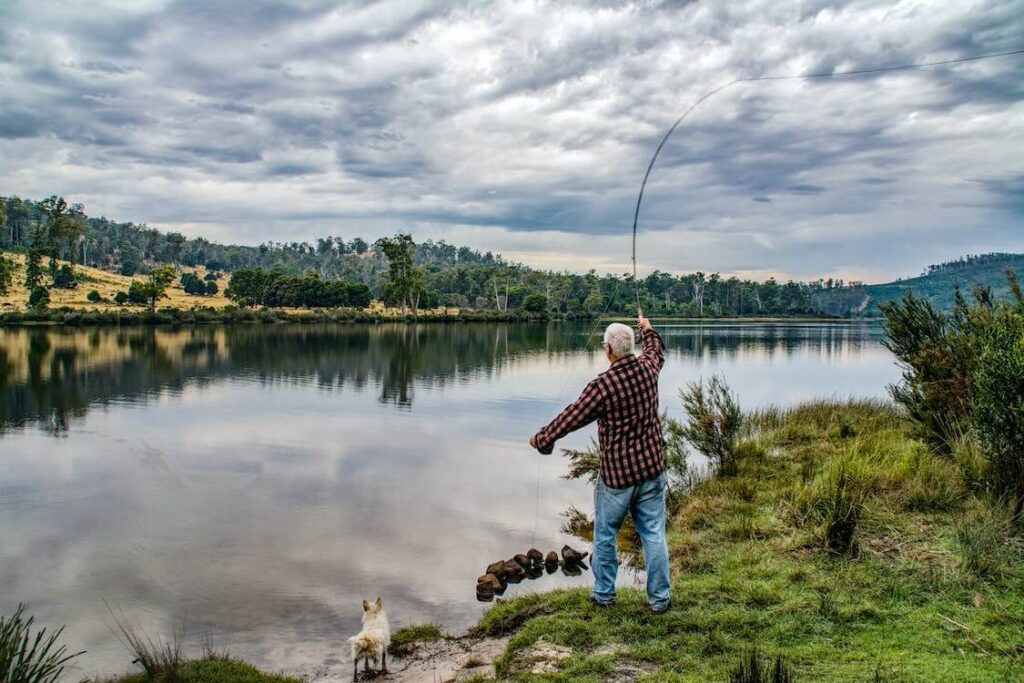
Overreliance on Gear
Another common mistake preppers make overreliance on gear and equipment. While having the right tools and supplies can certainly be helpful in an emergency, it is essential not to rely too heavily on these items. In some cases, preppers may become so focused on acquiring the latest and greatest gear that they neglect other important aspects of emergency preparedness, such as physical fitness or mental readiness.
One issue with overreliance on gear is that it can create a false sense of security. If you have all the latest survival gadgets and equipment, you may feel invincible and believe you are fully prepared for any crisis. However, there are many other factors that can impact your ability to survive in an emergency, such as your physical and mental health, your access to food and water, and the specific conditions of the crisis itself.
In addition, overreliance on gear can lead to complacency and a lack of flexibility. If you become too focused on a specific piece of equipment or strategy, you may be unwilling or unable to adapt to changing circumstances. For example, if you rely heavily on a particular type of shelter or fire-starting method, you may struggle if you encounter a situation where those resources are unavailable.
While having the right gear and supplies on hand is essential, it is equally important to develop a broad range of skills and strategies that can help you survive in various situations. By focusing on your overall preparedness rather than just your gear, you can become a more well-rounded prepper and increase your chances of success in an emergency. Focus on developing survival skills such as first aid, navigation, self-defense, and gathering gear.
- Remember to pack the essentials such as food, water, and shelter supplies, even if you have all the latest gadgets.
Lack of Physical Fitness
Another common mistake preppers make neglecting their physical fitness. While having food, water, and medical supplies on hand in an emergency is essential, your physical condition can be just as critical to your survival. In some cases, preppers may assume that their gear or supplies will be enough to see them through a crisis without considering the physical demands of survival situations.
However, in an emergency, physical fitness can be critical. Whether you must evacuate quickly, carry heavy supplies or equipment, or engage in physically demanding activities like chopping wood or building shelter, your fitness level can impact your ability to perform these tasks effectively. In addition, if you are already dealing with health problems or injuries, an emergency can exacerbate these issues and make survival even more challenging.
You can take several steps to improve your physical fitness as part of your emergency preparedness plan. One crucial step is to engage in regular exercises and physical activity, such as jogging, hiking, or strength training. You should also consider the specific demands of potential emergency situations and focus on building strength and endurance in areas that may be particularly important. For example, if you live in an area prone to hurricanes, you may need to be able to carry heavy supplies over long distances, so building strength and endurance in your legs and back can be particularly helpful.
In addition to regular exercise, it is crucial to maintain a healthy diet and avoid unhealthy habits like smoking or excessive drinking. By taking care of your physical health now, you can improve your chances of surviving and thriving in an emergency. Remember, your gear and supplies can only take you so far – your physical fitness and health can be just as necessary as your overall preparedness.
Here are some tips to avoid this mistake:
- Develop a fitness routine that includes cardio, strength training, and flexibility exercises.
- Practice hiking and other outdoor activities to build endurance and stamina.
- Consider taking a wilderness survival course to improve your skills and physical preparedness.

Failure to Secure Supplies
Another common mistake preppers make failing to secure their supplies properly. While having food, water, and other essentials on hand in an emergency is important, more than simply stockpiling these items is required. You also need to ensure that your supplies are stored securely and protected from damage, theft, or spoilage.
One issue with failing to secure supplies is that you may not have access to them when you need them most. If your food or water supply is stolen, damaged, or contaminated, you may be left without these critical resources in an emergency. In addition, improper storage can lead to spoilage or other issues that render your supplies unusable.
To avoid these problems, it is vital to secure your supplies and ensure they are correctly stored. This may include using sturdy containers that can withstand damage or theft, storing supplies in a secure location protected from the elements and other threats, and regularly checking your supplies for signs of damage or spoilage.
In addition, it is essential to rotate your supplies regularly to ensure that they remain fresh and usable. This may involve using a first-in, first-out (FIFO) system for your food and water supplies always use the oldest items first and replenish your stock with fresh supplies. Consider investing in long-term food storage solutions, such as freeze-dried or dehydrated foods, which can last for years without spoiling.
By taking these steps to secure and protect your supplies, you can ensure you have the resources you need to survive an emergency. Remember, your supplies are only valuable if you can access them when you need them most – so take the time to secure them properly and protect them from damage, theft, and other threats. Store your supplies in a cool, dry place that is free from pests and other hazards.
Things to consider:
- Rotate your supplies regularly to ensure that everything goes smoothly and is updated.
- Consider investing in airtight containers and other storage solutions to protect your supplies.
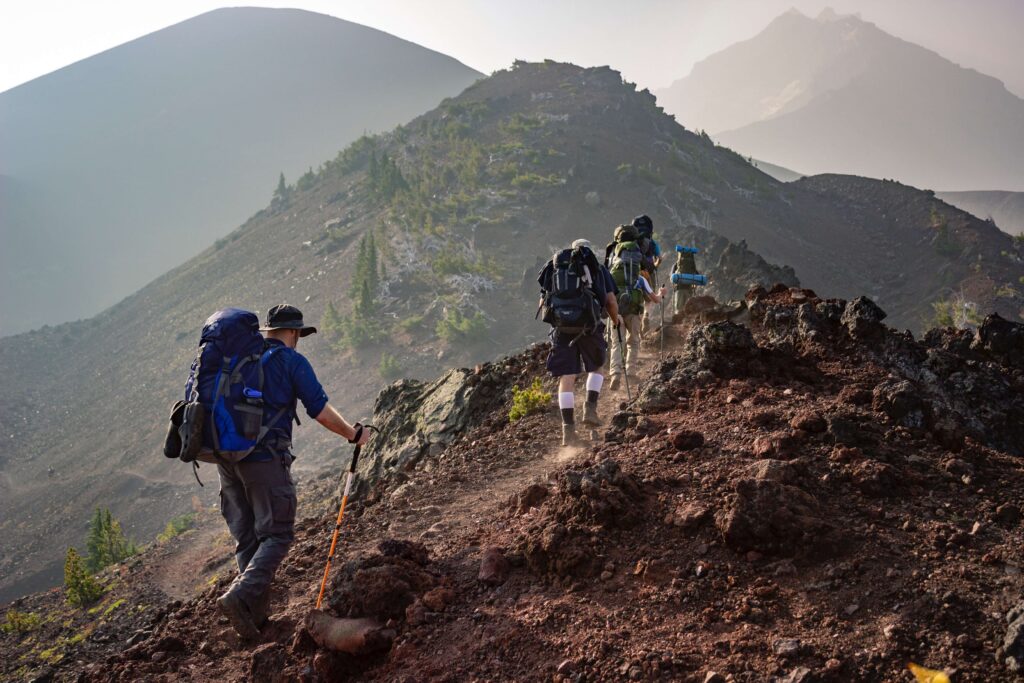
Ignoring the importance of community and networking.
Ignoring the importance of community and networking is a common mistake among preppers. Many preppers focus solely on their needs and must consider the benefits of networking with others who share their interests and goals. However, having a solid network of like-minded individuals can be incredibly valuable in a survival situation.
One of the key benefits of community and networking is the ability to share knowledge and skills. By connecting with others with different areas of expertise, preppers can expand their knowledge base and learn new skills that can be valuable in survival. Additionally, having a community of individuals with diverse backgrounds and perspectives can provide a broader range of ideas and strategies for addressing challenges and solving problems.
Another benefit of community and networking is the ability to share resources. In a survival situation, help may be scarce, and having a network of individuals willing to share supplies and equipment can be a significant advantage. Additionally, having a community of individuals eager to work together to acquire and store supplies can help ensure everyone has access to the resources they need in an emergency. You may also want to plant a survival garden and have the community pitch in to grow healthy vegetables and fruit that everyone can share.
Finally, having a strong community and network can provide emotional support during tough times. In a survival situation, it can be easy to feel isolated and overwhelmed. However, having a group of individuals facing similar challenges and working together towards a common goal can provide a sense of camaraderie and support essential for maintaining morale and motivation.
Many preppers need to pay more attention to the importance of community and networking. By prioritizing community building and networking, preppers can expand their knowledge base, share resources, and provide emotional support to one another. This can increase their chances of surviving in an emergency and help them to build stronger, more resilient communities.
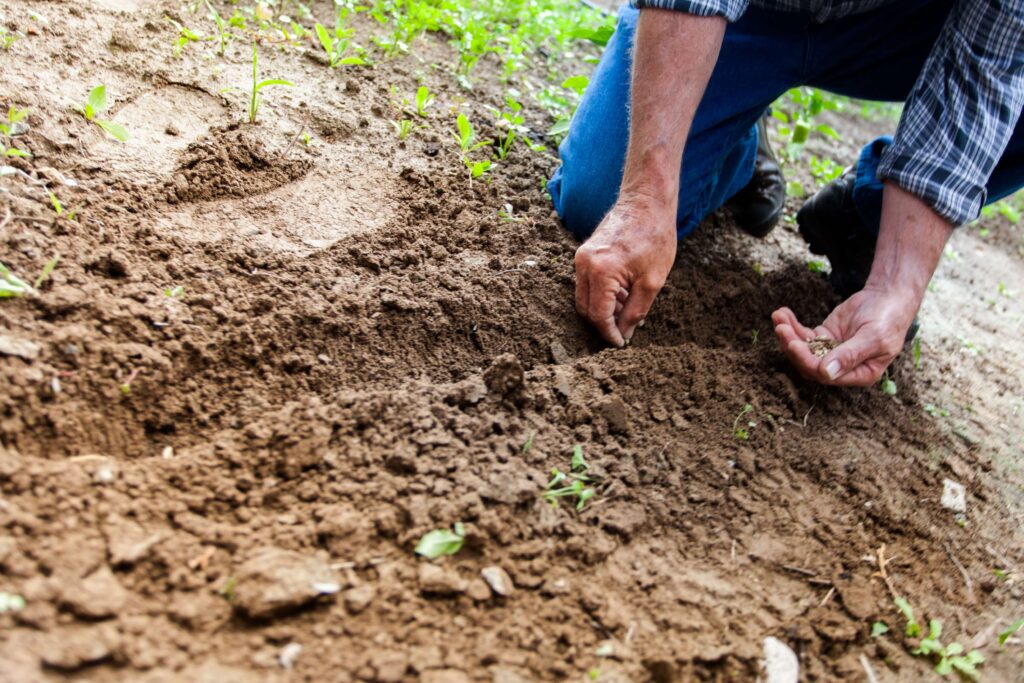
Here are a Few More Common Mistakes Made by Preppers:
Not preparing for a long-term emergency: Many preppers focus on short-term crises, such as power outages or natural disasters that may last a few days or weeks. However, they often neglect the possibility of a long-term emergency, such as an economic collapse, a pandemic, or a significant societal disruption. Failing to prepare for such an event can lead to disastrous consequences, including a lack of food, water, and essential supplies.
Relying solely on one strategy or plan: Some preppers may become too fixated on a single strategy or plan for survival, whether it is stockpiling supplies, learning survival skills, or fortifying their homes. While having a primary plan is essential, it is also crucial to have backup plans and to be adaptable to changing circumstances. Preppers must consider various scenarios and be prepared to adjust their strategies accordingly.
Failing to consider potential security threats: Preppers often focus on physical threats, such as natural disasters, but they may overlook the possibility of security threats, such as theft, vandalism, or violence. It is essential to consider these threats and take steps to protect yourself and your property, such as investing in security systems, developing an emergency communication plan, and having the means to defend yourself if necessary.
Not practicing and testing emergency plans: An emergency plan is essential, but it is equally important to practice and test it regularly. Preppers should conduct drills and simulations to ensure they can execute their objectives quickly and effectively in emergencies. This practice can also help identify any weaknesses or areas that need improvement.
Underestimating the importance of mental and emotional preparedness: Prepping is about more than just physical preparedness but also mental and emotional preparedness. In a survival situation, mental and emotional strength can be just as crucial as physical strength. Preppers must consider the psychological impact of an emergency and develop coping mechanisms to deal with stress, anxiety, and fear.
Failure to consider the unique needs of each family member: Prepping is not a one-size-fits-all approach, and each family member may have individual needs or challenges in an emergency. For example, elderly or disabled family members may require special care or accommodations. Children may need age-appropriate training and support to cope with the stress of an emergency. Preppers must consider the individual needs of each family member and include them in their planning and preparation.
How to Avoid These Mistakes
Here are some additional tips on how to avoid the most common mistakes preppers make:
Proper Planning: To ensure adequate planning is maintained, creating a detailed emergency plan that includes specific steps for responding to different types of emergencies is essential. This plan should also have a comprehensive inventory of your supplies and information on where they are stored and how to access them.
Balanced Approach to Gear: To avoid overreliance on gear, it is crucial to strike a balanced approach that includes equipment and skills. While gear can be helpful in certain situations, having the knowledge and skills to survive without it can be even more valuable.
Focus on Physical Fitness: To avoid the lack of physical fitness, it is essential to make regular exercise a part of your routine and focus on building strength, endurance, and flexibility. This can include activities such as hiking, running, weightlifting, and yoga.
Proper Supplies Management: To ensure supplies are secured, it is crucial to take steps to secure your supplies and ensure they are correctly stored. This may include using sturdy containers that can withstand damage or theft, storing supplies in a secure location that is protected from the elements and other threats, and regularly checking your supplies for signs of damage or spoilage.
Continuous Learning: Finally, it is essential to make continuous learning a priority. This may involve taking courses on survival skills, attending workshops and seminars, and regularly reading up on the latest information and trends in prepping.
By following these tips and avoiding the most common mistakes preppers make, you can increase your chances of surviving an emergency and protecting yourself and your loved ones. Remember, preparation is key – so start planning and preparing today! Create a comprehensive emergency plan that covers all scenarios and outlines the steps you and your family should take.
- Focus on building both your gear and your skills so that you are prepared for any situation that may arise.
- Stay physically fit and develop the endurance and stamina necessary to handle the challenges of emergencies.
- Protect your supplies from pests, moisture, and other hazards, and regularly rotate them to ensure they remain fresh and usable.
Frequently Asked Questions About Prepping:
Q: What is prepping?
A: Prepping is preparing for potential emergencies or disasters, such as natural disasters, economic crises, or social unrest.
Q: Who should consider prepping?
A: Everyone can benefit from being prepared for emergencies, but prepping is especially important for those who live in areas prone to natural disasters or have concerns about societal collapse or economic instability.
Q: What supplies should I have in my emergency kit?
A: Your emergency kit should include non-perishable food, water, first aid supplies, a flashlight, a radio, extra batteries, a multi-purpose tool, and any necessary medications.
Q: How much food and water should I have in my emergency kit?
A: Your emergency kit is recommended to have at least a three-day supply of non-perishable food and one gallon of water per person per day.
Q: How often should I review and update my emergency plans and supplies?
A: You should review and update your emergency plans and supplies at least once a year or whenever there are significant changes in your living situation or the potential threats you may face.
Q: Is it necessary to have a bug-out bag?
A: A bug-out bag, a portable emergency kit designed to sustain you for at least 72 hours, can be helpful in certain situations. However, it is only sometimes necessary for everyone and depends on individual circumstances.
Q: What is the best way to prepare for a long-term emergency?
A: To prepare for a long-term emergency, it is essential to have a sustainable source of food, water, and other necessities, such as a garden or livestock. It is also vital to have skills and knowledge in self-sufficiency, such as hunting, fishing, and preserving food.
Q: Can prepping be expensive?
A: Prepping can be as expensive or inexpensive as you make it. Start prepping on a budget by gradually building up your supplies and focusing on essential items first.
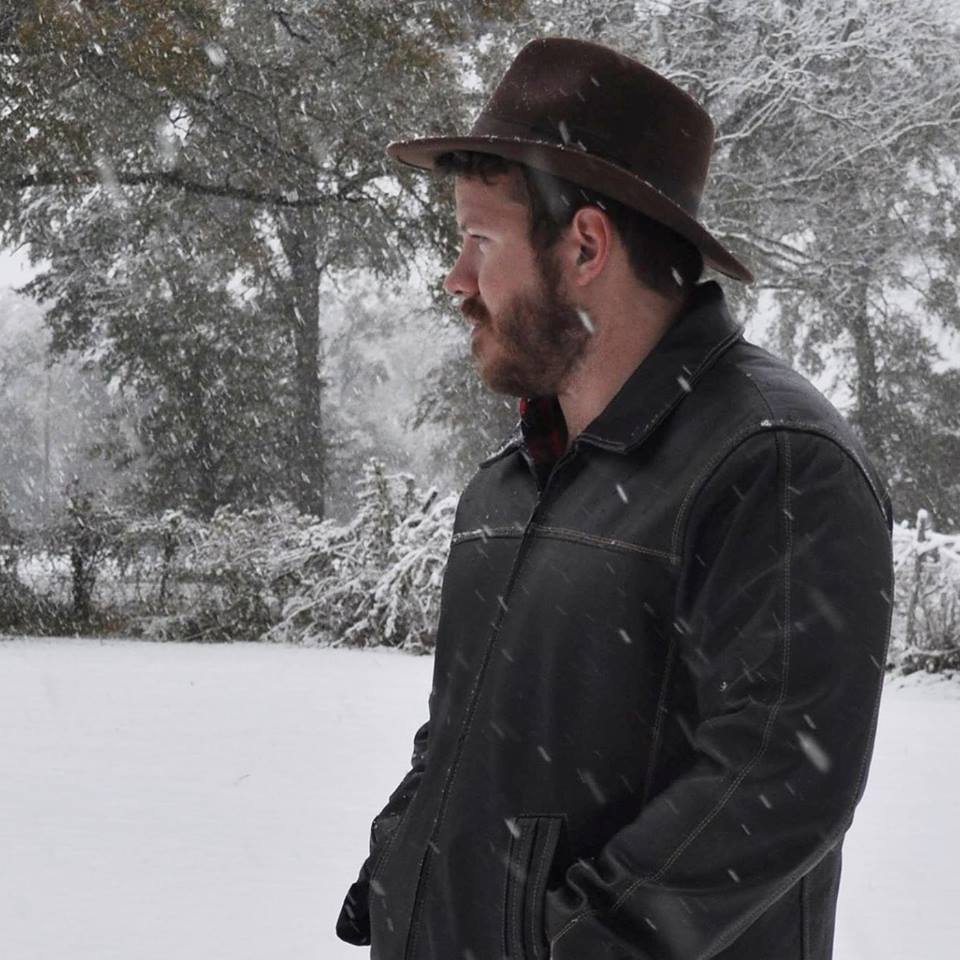
Jerome is an avid outdoorsman who moonlights as an attorney when he’s not creating the world’s greatest online content.
Related posts:
- How to Prepare Your Home for a Natural Disaster […]...
- Advantages of Having a Prepackaged Emergency Food Supply […]...
- Ready Hour Black Bean Burger Mix – The Perfect Addition to Your Emergency Food Supply […]...
- Ultimate Guide to Building and Packing Your Bug Out Bag […]...
- Stock Up with Style: Augason Farms Lunch and Dinner Variety Pail for Your Emergency Food Needs […]...
- How to Create a Survival Garden to Provide Food in a Crisis […]...
- The Benefits of Having The Survival Tabs Emergency Food Supply On Hand […]...
- ReadyWise Emergency Food Supply – Surviving the Unexpected […]...
- 5 Tips for Choosing the Right Hiking Gear […]...
- 5 Tips for Planning the Perfect Hiking Trip […]...
- How Valley Food Storage’s Long-Term Emergency Food Kit Can Keep You Prepared in Any Situation […]...
- Camping On The Beach – How To Do It Right […]...

